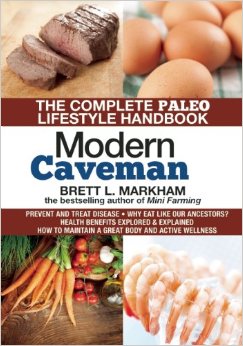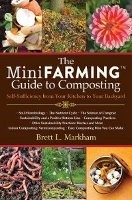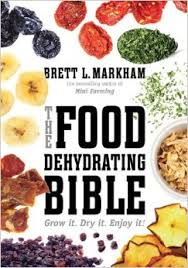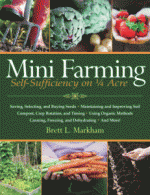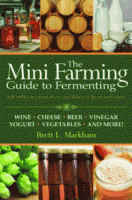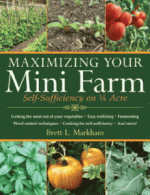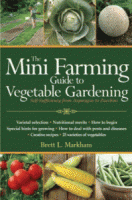Pressure canning and pressure cooking both use increased pressure to change the boiling point of water. Under higher pressures, the temperature at which water boils increases, thereby allowing the contents under pressure to cook at a higher temperature.
This much, at least, pressure canning and pressure cooking have in common. But beyond this, there are important differences.
The purpose of pressure cooking is to save time and energy. Using the higher temperatures and pressures, my Fagor pressure cooker will allow me to cook a batch of beans in 45 minutes that would otherwise require all day to cook. Beef stew cooks up in less than half an hour.
Because of the higher temperatures, when the cooking time is completed, most pressure cooker manufacturers instruct you to artificially lower the pressure quickly, either by releasing steam through a valve or by placing the cooker under cold running water. This reduces the risk of running dry and scorching or overcooking.
The purpose of pressure canning is to kill botulism spoors while producing a proper seal for glass jars containing liquid. Any other purpose, such as cooking the contents, is incidental. But since the contents are immersed in liquid in the jars, there is no danger of running dry.
The headspace allowed in the jars while pressure canning will vary from 1/2″ to 1″ depending on how long the jars are processed. The head space allows for expansion of the contents, forcing out excess air, and then establishing a solid vacuum seal. Too much headspace could allow food to oxidize, whereas too little headspace will result in some of the food being forced out of the jar during processing, which could prevent a good seal.
When the processing time is finished, the jar and the environment surrounding it are at the same pressure and temperature. If, however, the pressure in the canner is suddenly reduced while that in the jars stays the same … either the contents will be forced out of the jars through the seals or the jars may actually break.
So when the canning time is up, heat should be removed and the canner allowed to reach zero pressure without relieving any of the pressure. This could take as long as half an hour or forty five minutes, but is necessary to produce the desired result of an excellent seal.
Filed under: Canning, Food Preservation | Comments Off on Pressure Canning vs. Pressure Cooking


